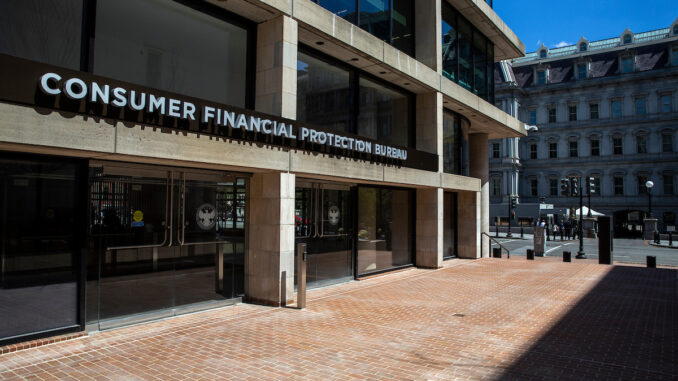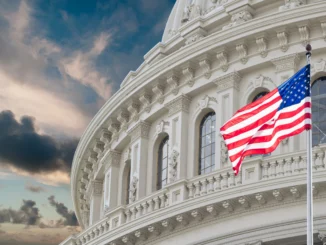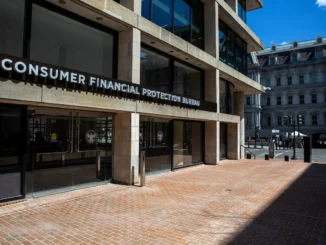
The United States Court of Appeals for the Second Circuit, comprising the districts of Connecticut, New York and Vermont, decided on Thursday that the funding provisions for the Consumer Financial Protection Bureau (CFPB) are constitutional.
A case between the CFPB and the Law Offices of Crystal Moroney — a law firm served with a civil investigative demand (CID) by the CFPB in 2017 over potential legal violations — led the CFPB to petition to enforce its CID in court in 2020. However, the U.S. Supreme Court case Seila Law LLC v. CFPB determined that the funding source for the Bureau was unconstitutional while the petition was in process.
The law firm sought in an appeal to invalidate the CID on the grounds that the Supreme Court decision made it unenforceable. However, the Second Circuit did not see it that way.
“We hold that the CID was not void [from the beginning] because the CFPB Director was validly appointed, that the CFPB’s funding structure is not constitutionally infirm under either the Appropriations Clause or the non-delegation doctrine, and that the CID served on Moroney is not an unduly burdensome administrative subpoena,” the Second Circuit said in its ruling.
In its ruling, the Second Circuit added that it has declined to follow a Fifth Circuit Court of Appeals decision — the basis for the case the high court will deliberate later this year — holding that it can find no basis in Supreme Court precedent for its decision and that the Constitution itself does not support the Fifth Circuit ruling declaring the Bureau’s funding source unconstitutional.
The Fifth Circuit ruling and the law firm also held that in establishing the CFPB in 2010, Congress violated the “nondelegation doctrine” which says that one branch of government must not authorize another entity to exercise the power it is constitutionally authorized to leverage on its own.
“Under the nondelegation doctrine’s lenient standard, Congress has plainly provided an intelligible principle to guide the CFPB in setting and spending its budget,” the Second Circuit ruling reads.
In February, the Supreme Court agreed to hear arguments in a case that will ultimately decide the constitutionality of the funding structure, itself extended from the Fifth Circuit ruling that the Second Circuit has declined to follow.
While the Biden administration sought to fast-track deliberation in the case, the Supreme Court declined to hear it before the start of its next term in October. A final decision in the case is not expected until 2024.



